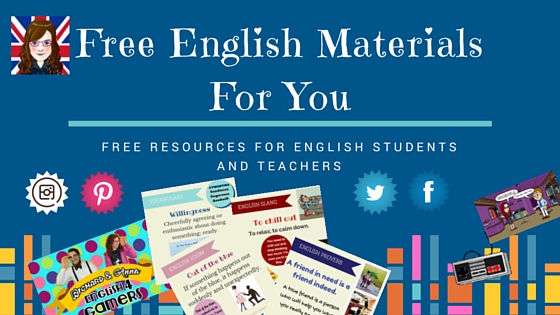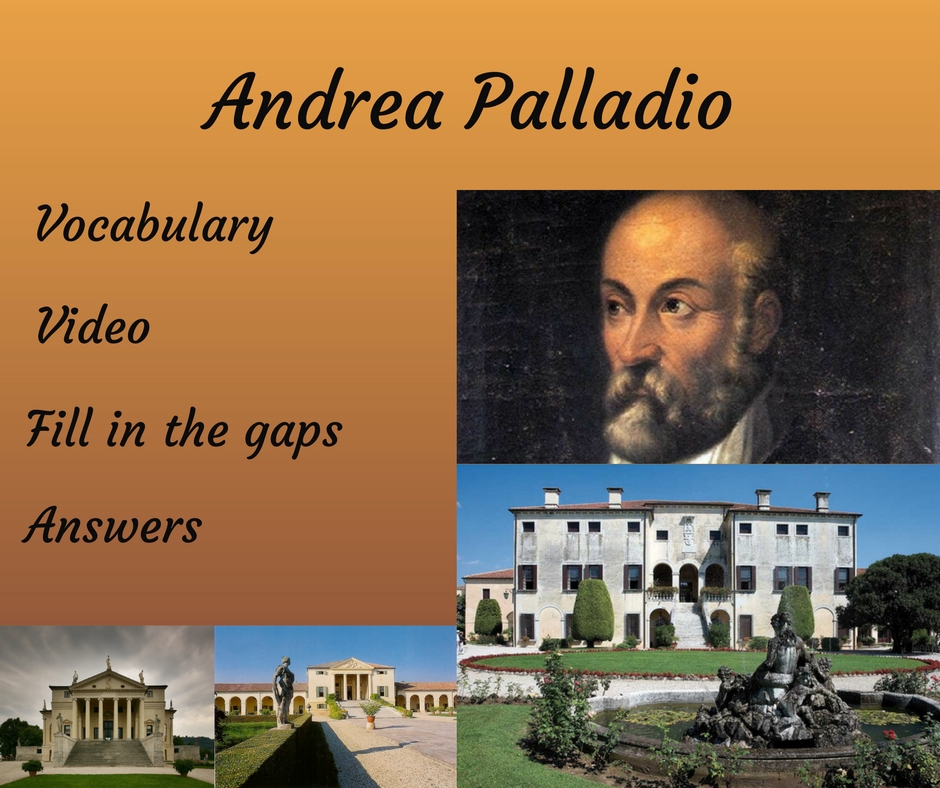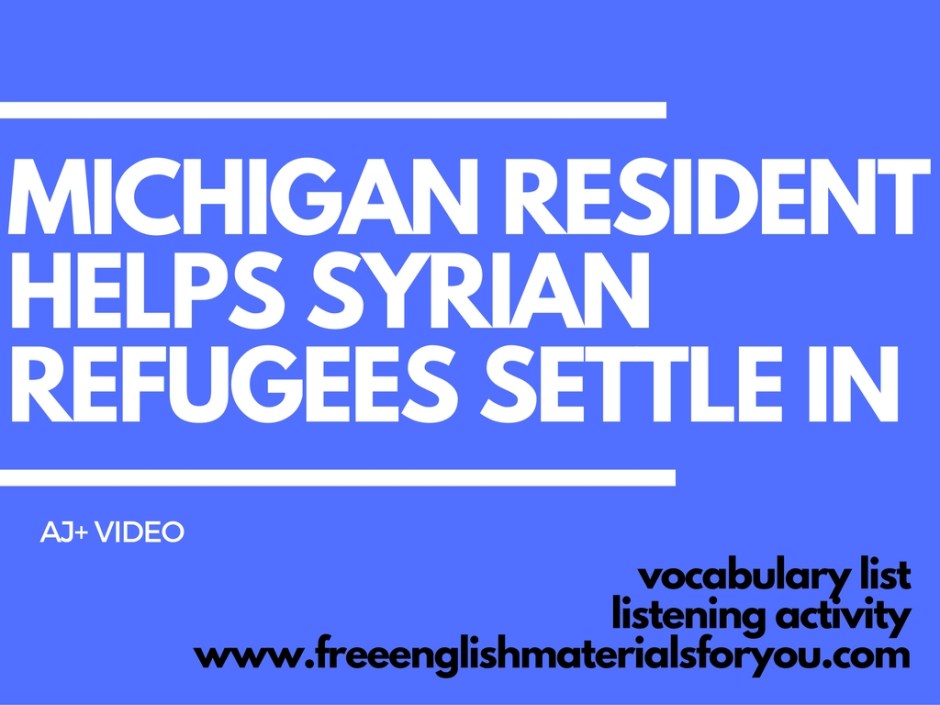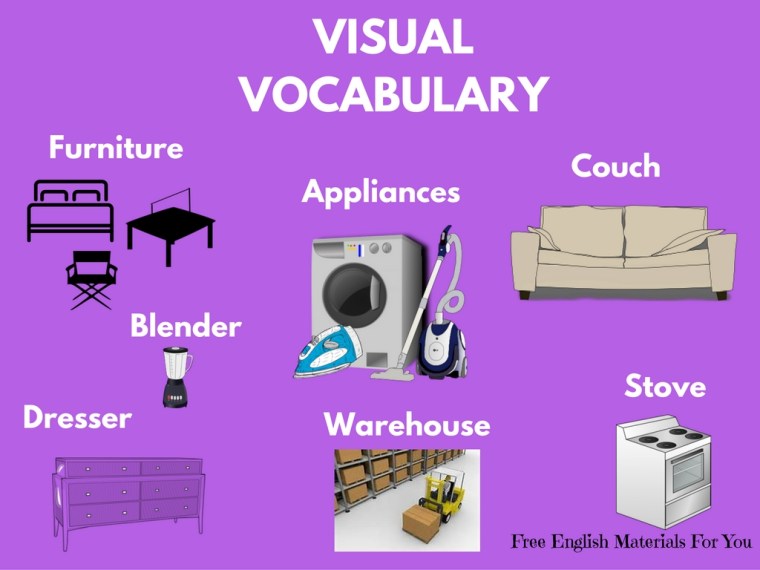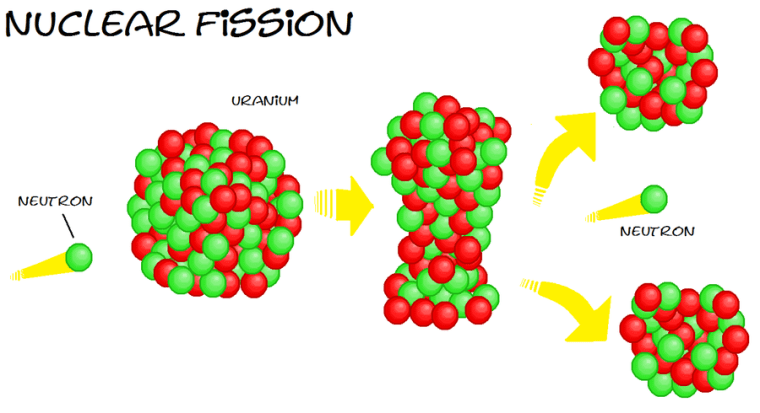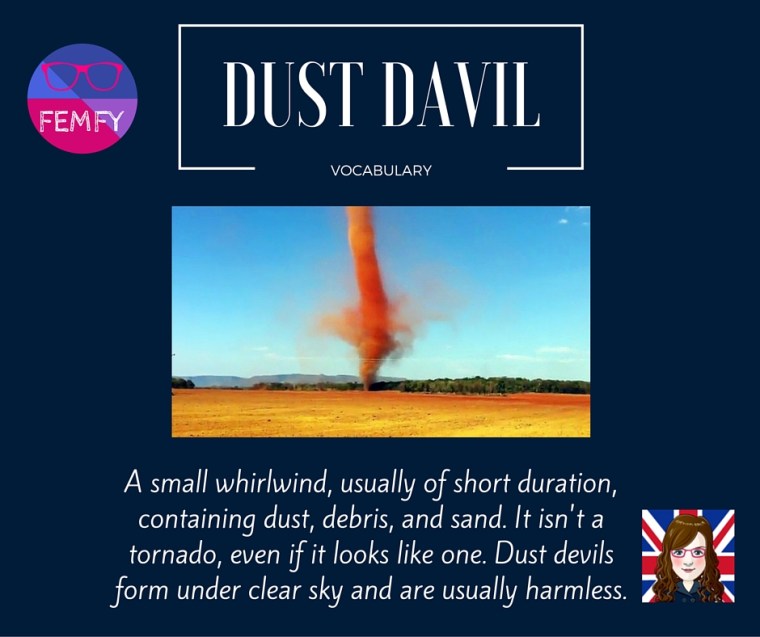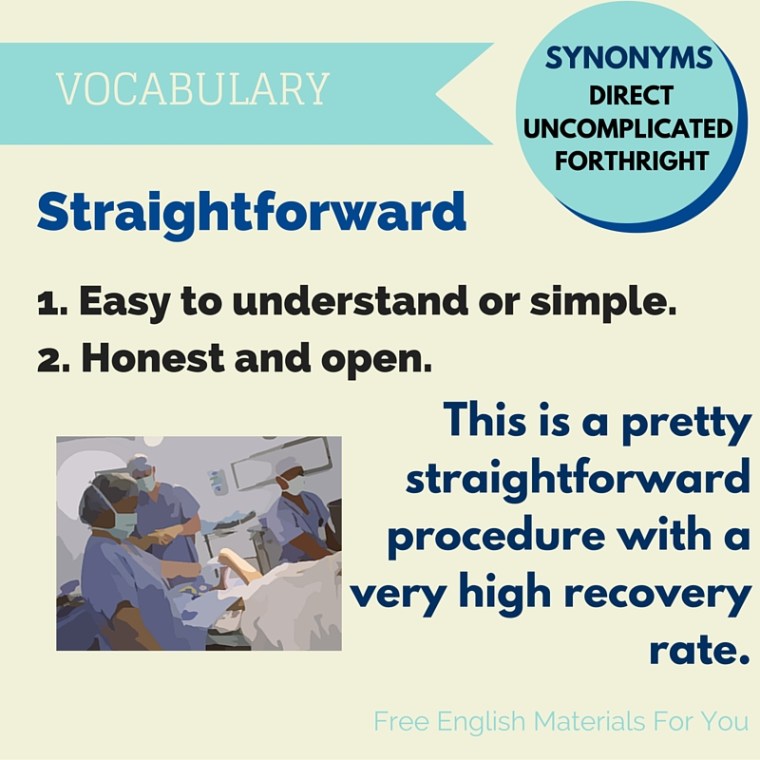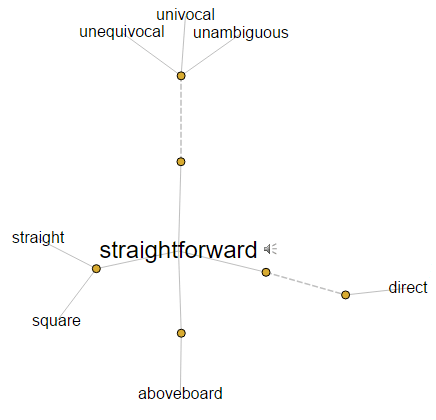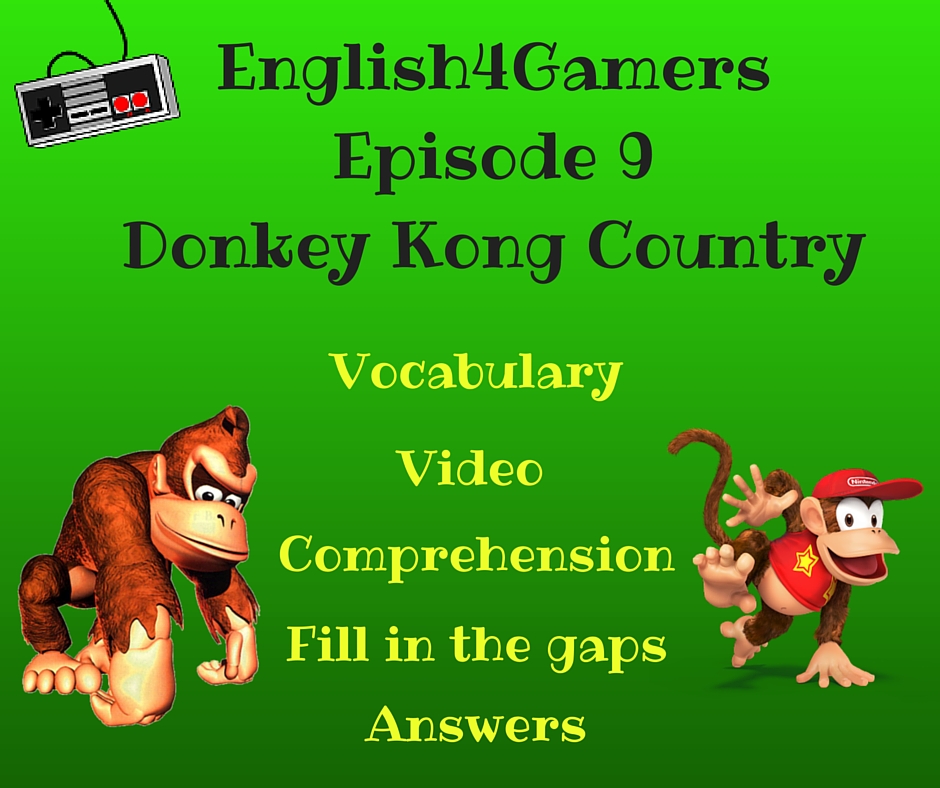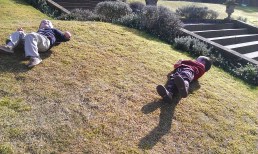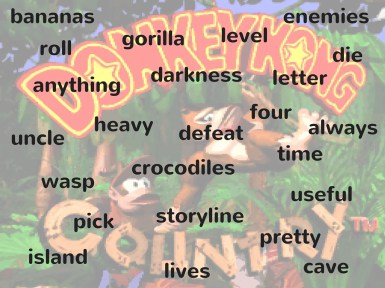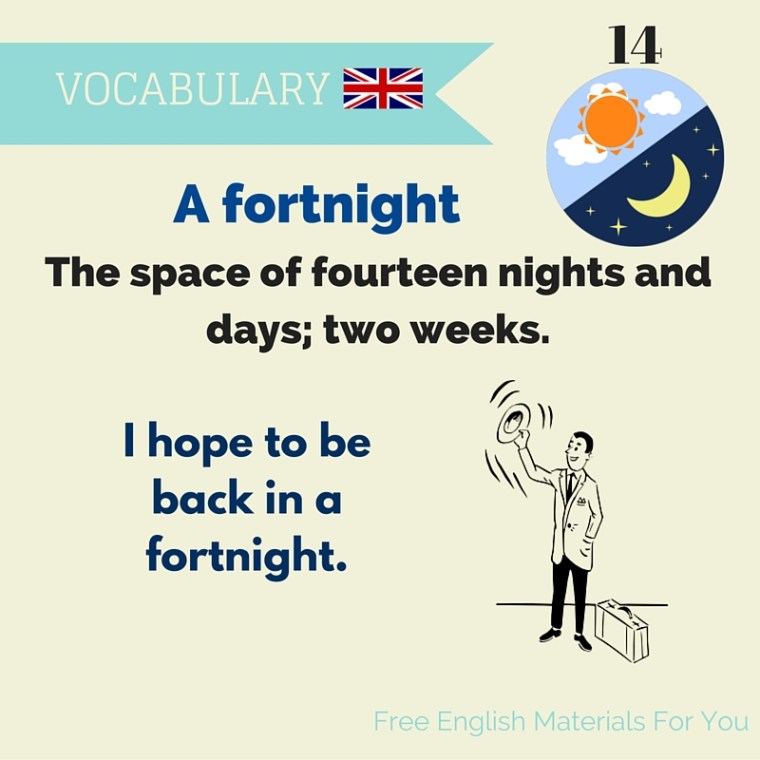I’m sorry I haven’t been sharing resources for a while, but I’ve been very busy lately.
This is a listening activity based on the video ‘ART/ARCHITECTURE – Andrea Palladio’ by The School of Life. I suggest that you read the vocabulary list before watching the video. If you want to test your listening skills, try the fill in the gaps exercise below the video, you can also download a printable pdf version.
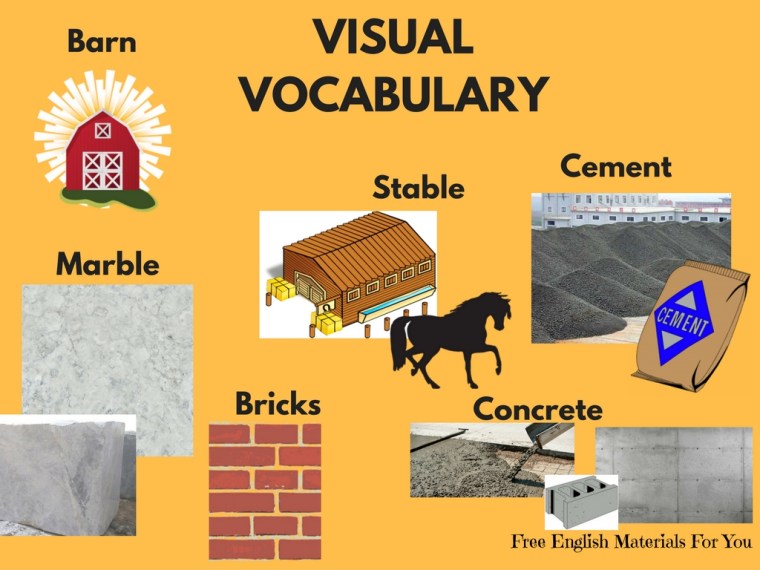
VOCABULARY
• Located: Something or someone that is located in a specified place is in or at that place.
Ex. Our target is located somewhere on the second level.
• Stonemason: a person whose job is cutting and preparing stone for buildings.
• Stonecutter/ stone carver: a person who cuts or carves stone.
• A handful (of somebody/something): a small number of people or things.
Ex. We’ve got a handful of professional soldiers like myself.
• Setback: an unanticipated or sudden check in progress; a change from better to worse.
Ex. There has been a slight setback in our plans.
• To emerge: to appear by coming out of something or out from behind something.
Ex. A mole emerged from a hole in the ground.
• Virtue: a good moral quality in a person, or the general quality of being morally good.
Ex. Patience is a virtue.
• Dignity: calm, serious, and controlled behaviour that makes people respect you.
Ex. Try to maintain your dignity, no matter what they call you.
• To line up: to form a line; to put into a proper and systematic order.
Ex. They will all have to line up behind you.
• Unworthy: lacking merit or value.
Ex. This Tosk is unworthy of such a noble description.
• Barn: a large building on a farm where animals, crops, or machines are kept.
• Stable: a building where horses or farm animals are kept.
• To disguise: to change the usual appearance, sound, taste, etc., of (someone or something) so that people will not recognize that person or thing.
Ex. And I’ve configured the shields to disguise our visual profile.
• Utilitarian: designed for use rather than beauty.
Ex. Their furniture was very plain and utilitarian.
• To compensate: to provide something good as a balance against something bad or undesirable.
Ex. Nothing will ever compensate for his lost childhood.
• Collected: calm and in control of your emotions.
Ex. Even in a life-threatening situation, the captain of the ship was collected.
• Poised: showing very calm and controlled behavior.
Ex. Try to be more poised and confident.
• Reliably: in a way that you can trust to be accurate.
Ex. Moreover, following this method would require significant adjustments which cannot be reliably quantified.
• Distinguished: characterized by excellence or distinction; eminent.
Ex. You’re a government major, inspired by your distinguished aunt.
• Cement: a fine grey powder made of a mixture of calcined limestone and clay, used with water and sand to make mortar, or with water, sand, and aggregate, to make concrete.
• Harmonious: having a pleasant tune or harmony.
Ex. It will become a harmonious eco-friendly space.
• Resonated: to continue to have a powerful effect or value.
Ex. Her speech resonated with voters.
• Underlying: used to identify the idea, cause, problem, etc., that forms the basis of something.
Ex. Insomnia may represent an underlying physical or psychiatric disorder.
• Advocate: a person who upholds or defends a cause; supporter.
Ex. The European Parliament has always been an advocate of inland navigation.
Downloadable PDF file: Andrea Palladio – Vocabulary
Watch again the video and try to fill in the gaps in the following sentences:
1. Andrea Palladio was born at the end of November in _______ in Padua.
2. He was an apprentice ______________ and later stone carver.
3. Over the next 40 years of his working life, Palladio designed 40 or so villas, a couple of town houses and a ______________ of churches.
4. For most of his career he had a mix of professional successes and ______________.
5. Palladio thought we should build in order to ______________ good state of mind in ourselves and others.
6. All the elements in a room are centered, balanced, ______________.
7. He only uses simple geometrical ______________. Generally the walls are ______________ and there is little furniture.
8. Palladio was ______________ with making sure that every element for building fitted perfectly with every other.
9. One of the ambitions of Palladio’s architecture was to give greater ______________ to parts of life that had been ______________ regarded as unworthy.
10. Rather than being hidden and set at a distance these ______________ buildings are presented as ______________ and important.
11. He wasn’t disguising the ______________ reality of the farm, rather he was demonstrating its ______________ dignity.
12. We need serene ______________ and confident buildings precisely because we’re not reliably like that.
13. Ideally, architecture ______________ our better selves, the ideal building is like the ideal person.
14. There’s a practical guide to digging ______________ and how to judge the quality of cement and the reliable ways of constructing ______________ and laying floors.
15. The fancy surrounds are not the ______________ thing. Without them the window opening will still look ______________.
16. He went on to provide a wide ______________ of rules for making buildings ______________.
17. Palladio saw himself as a ______________, he was simply following a set of rules which others could follow too.
18. He was working against the idea that architecture ______________ a special genius.
19. Buildings are ‘palladium’ when they are devoted to ______________, harmony, and dignity on the basis of rules which can and should be wildly reused.
20. It’s then, they display the same ______________ ambition of which Palladio is a central advocate and ______________.
Downloadable PDF file: Andrea Palladio – Fill in the gaps – Without answers
Downloadable PDF file: Andrea Palladio – Fill in the gaps – Answers
